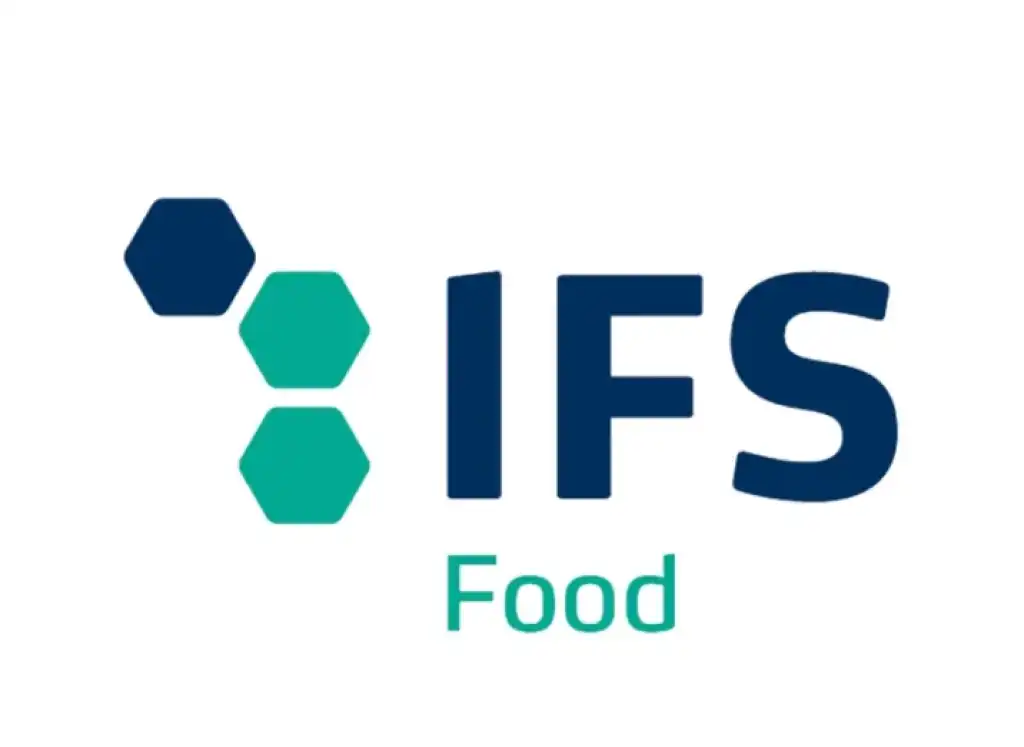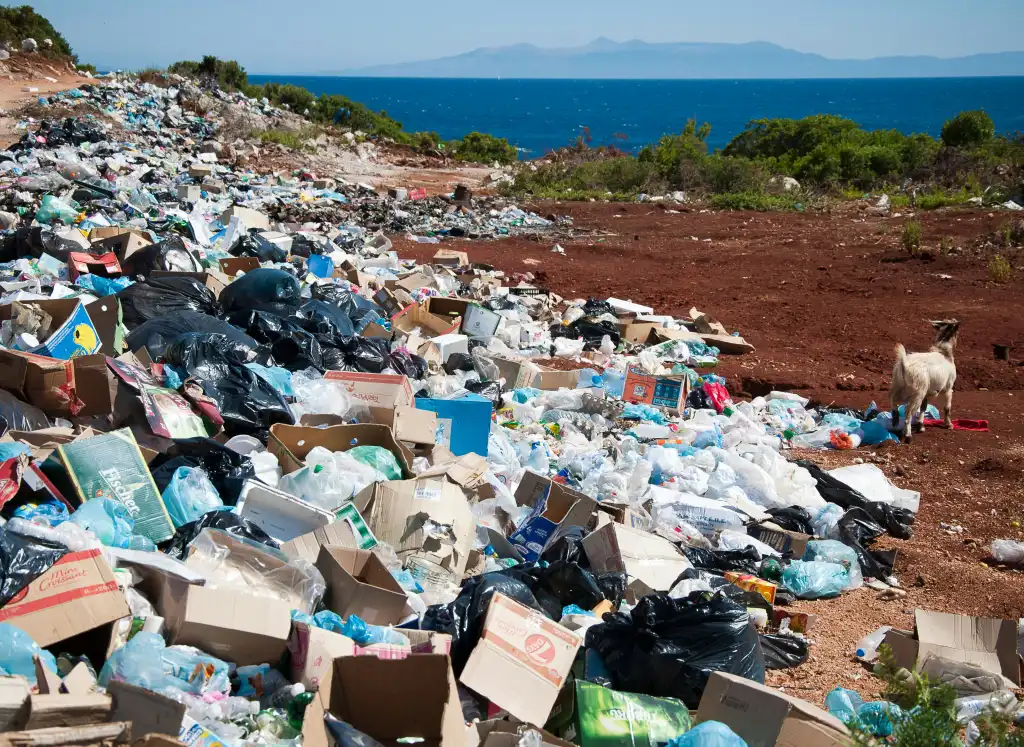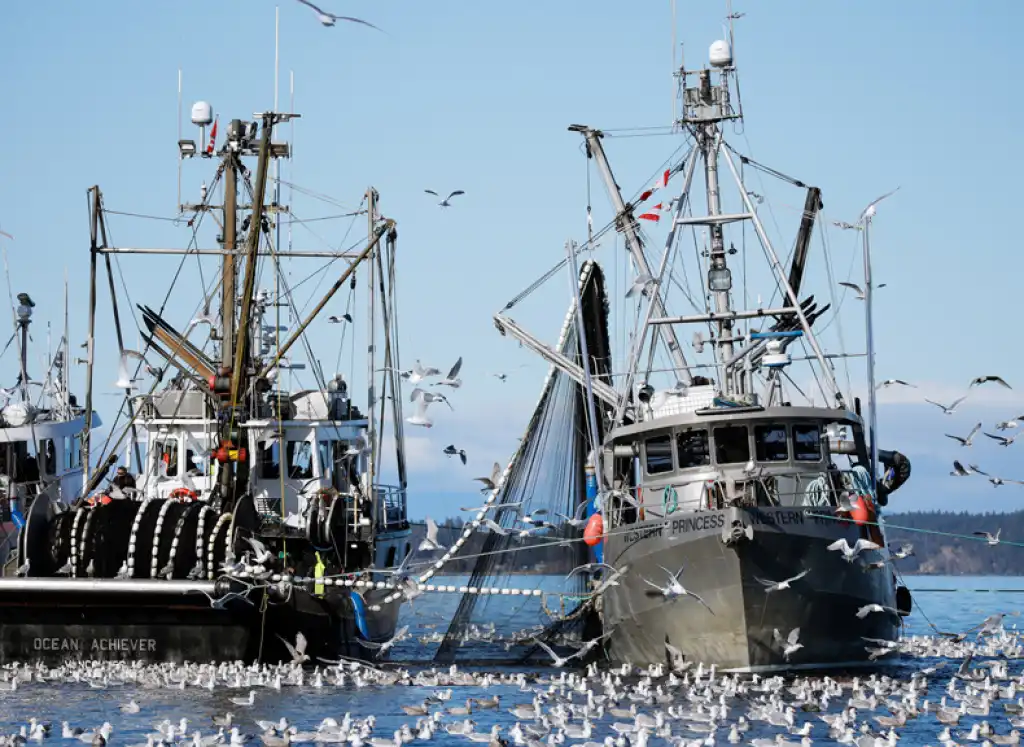Cocoa: supply chain crisis and sustainable solutions for a fair future
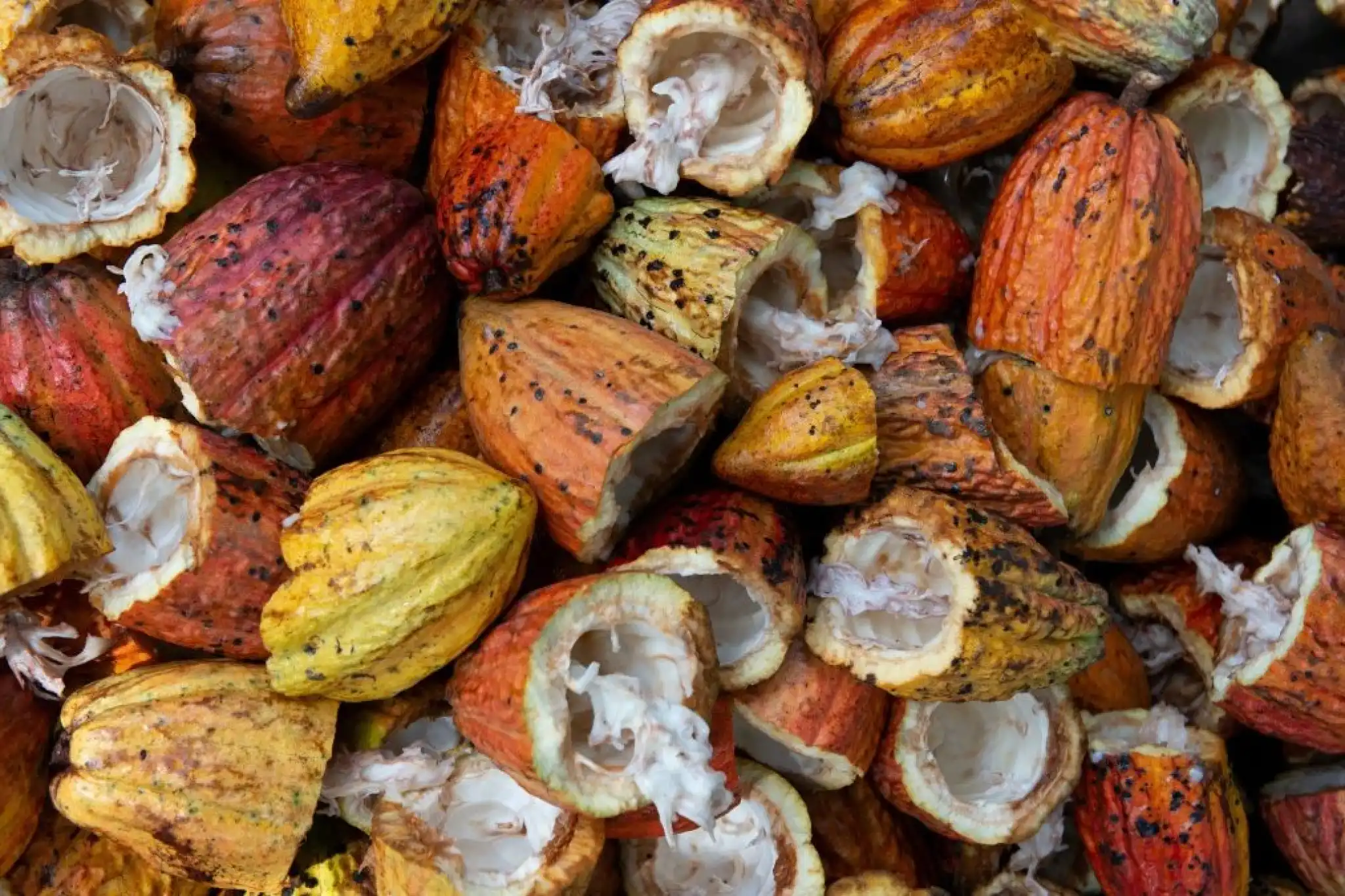
An industry in systemic crisis
Cocoa, the key ingredient of the chocolate industry, is at the centre of a crisis that interweaves environmental, economic and social factors. Despite a growing market and high prices, small producers are struggling to survive, while unsustainable practices threaten the future availability of this strategic crop.
Galamsey and deforestation in West Africa
The competition between cocoa farming and illegal gold mining is a growing threat. In Ghana, over 19,000 ha of plantations have been converted into mining sites (galamsey), with severe impacts on soil and water (mercury, arsenic), biodiversity loss, and agricultural productivity drops of up to 50% in contaminated areas.
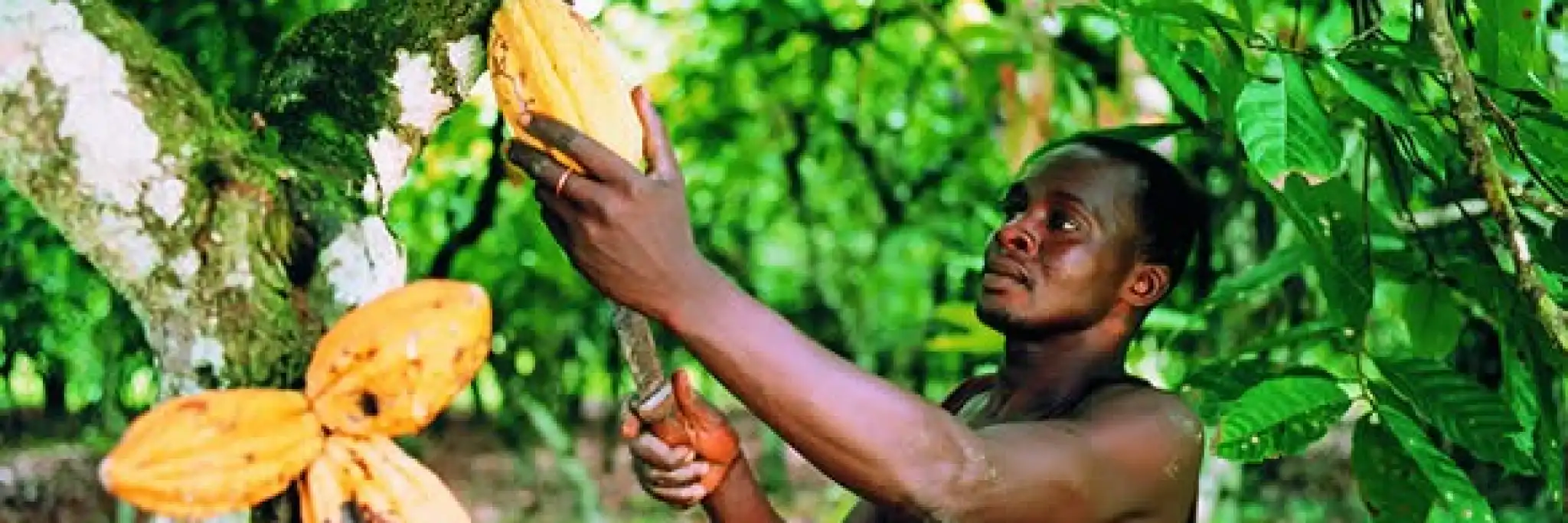
Climate change and habitat loss
Cocoa is highly climate-sensitive. 96.5% of cocoa imported into the EU comes from countries highly vulnerable to climate change, and 77% of plantations are located in ecosystems under severe threat. By 2050, it is estimated that cocoa-growing areas in Ghana and Côte d’Ivoire will shrink by 30–50%, exacerbated by fungal diseases (e.g. moniliasis, brown rot) which in some regions destroy up to 40% of the annual harvest.
Record prices, low incomes
Despite prices exceeding 10,000 USD/t in 2024, the benefits are not reaching farmers: long and opaque supply chains, minimum prices below production costs, and ongoing exploitation (including child labour). Estimates suggest that over 90% of cocoa farmers live on less than 1 USD/day, making the sector unsustainable.
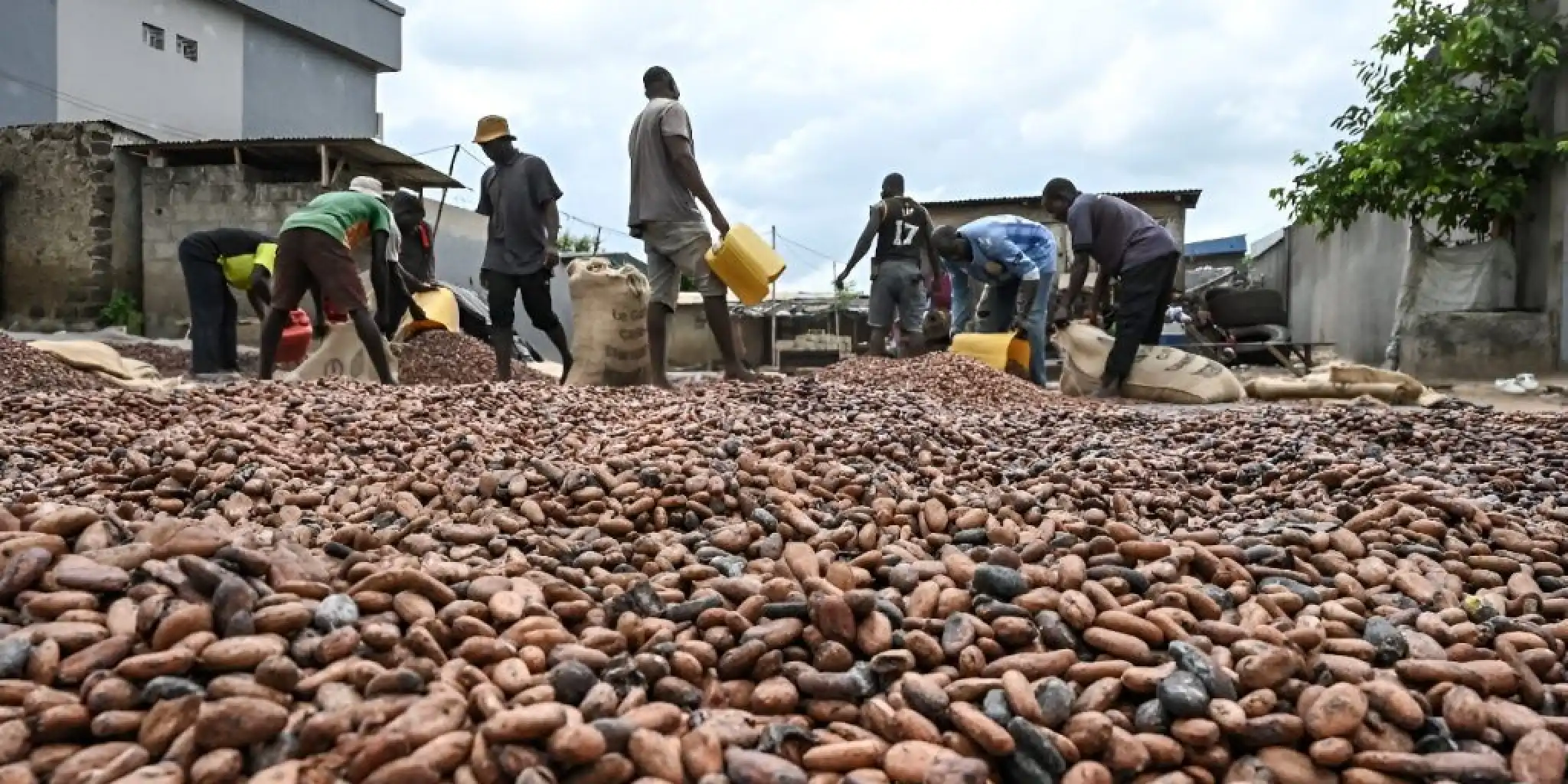
Regeneration, upcycling and biodiversity awards
Regenerative initiatives: partnerships such as Nestlé–Ofi (2025) promote regenerative agriculture for 25,000 farmers in Nigeria, Côte d’Ivoire and Brazil, planting 2.8 million trees by 2030, creating 72,000 ha of agroforestry, and aiming to cut 1.5 Mt CO₂ over thirty years.
Cocoa upcycling: historically, over 70% of the bean was discarded. Today, using pulp for juices and snacks and recovering husks for compost or bioenergy creates added value and can increase farmer income by up to +20%.
Quality and biodiversity awards: initiatives such as Cacao of Excellence recognise farmers safeguarding biodiversity, offering international visibility, knowledge exchange, and prizes of up to 5,000 USD/lot. In 2023, over 2,000 samples from 55 countries were evaluated for sensory quality and sustainability.
Conclusion: the transition requires joint commitment from multinationals, responsible public policies, and informed consumers (e.g. Fairtrade, Rainforest Alliance) to build a fairer, more resilient cocoa supply chain.
